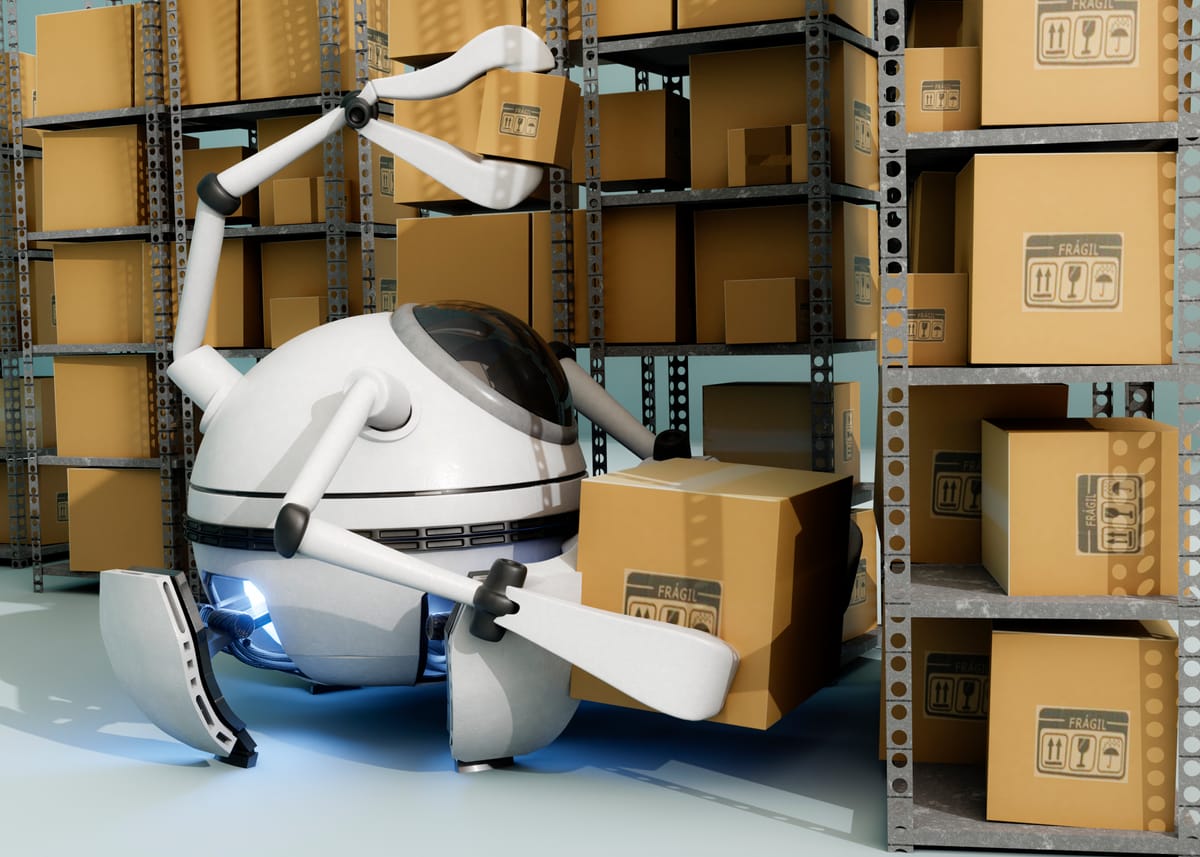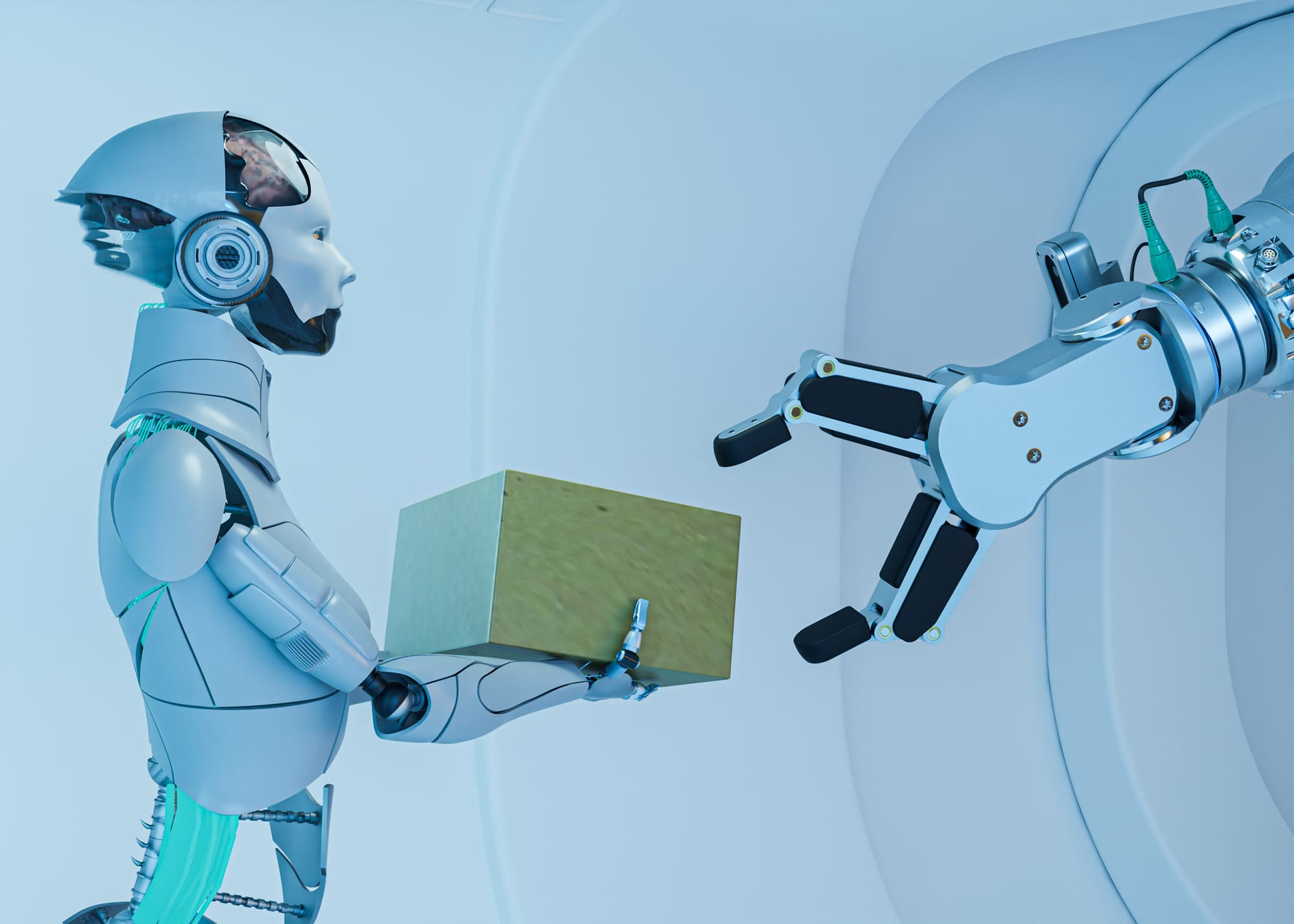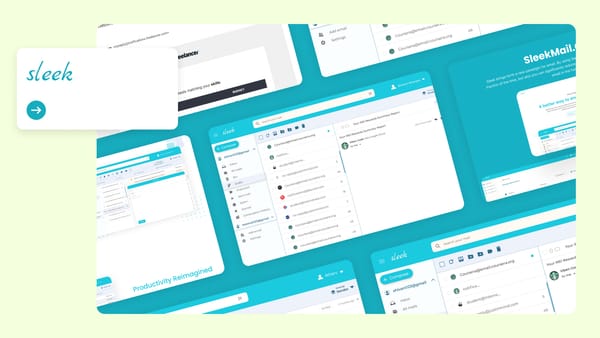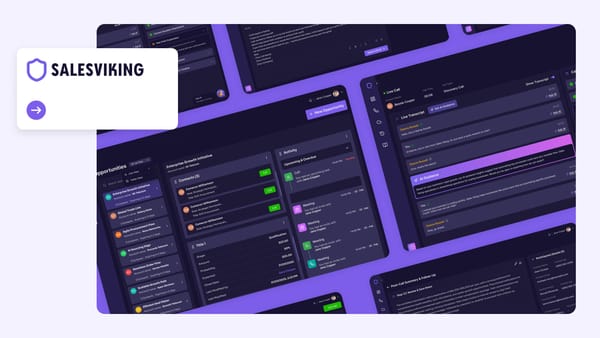How the Future of AI Can Transform Your Supply Chain into a Superhero

Imagine a world where your supply chain works like a superhero. It would be precise, fast, and always ahead of the game. What if it could foresee disruptions, adapt to market shifts, and run smoothly? All while saving time, money, and resources? This is no longer a futuristic fantasy.
AI's future in supply chain management is already here. It is revolutionizing how businesses optimize operations and meet consumer demand. AI is making supply chains more efficient and resilient. They can now tackle complex challenges.
Supply chain management is vital for any business. It ensures goods move efficiently from suppliers to customers. However, traditional supply chain methods can't keep up with a fast-changing, globalized economy. With rising customer expectations, supply chains need a transformation. They must provide real-time responses. Enter AI. It is shaping the future of supply chains. It empowers businesses to perform, adapt, and be agile—like a superhero.
The Growing Role of AI in Supply Chains
AI as a Game Changer
In recent years, it has become clear that AI will shape supply chain management. AI is changing how businesses tackle complex supply chains. Traditional methods can't solve them.
AI can process and analyze huge data sets in real-time. This lets companies improve decision-making, optimize inventory, and quickly adapt to market changes. AI's integration into supply chains is not just an upgrade. It is a shift to smarter, faster, and more responsive systems.
Today's supply chains face many challenges: fluctuating demand, disruptions, and rising costs. Traditional methods, heavily reliant on manual processes, are inefficient in managing these complexities.
AI-driven solutions use advanced algorithms and automation. They let businesses keep up with the market and anticipate changes.
Superpowers of AI
AI gives supply chains "superpowers." They become high-performing, adaptable systems. These include:
- Predictive Analytics: AI’s ability to foresee trends and potential disruptions.
- AI gives instant visibility into operations. It allows for quick responses to issues.
- Automation: AI automates repetitive tasks. It frees humans to focus on more strategic work.
Using these superpowers, businesses can greatly improve efficiency, agility, and customer satisfaction. As AI in supply chain evolves, firms that adopt it will outpace rivals.
Industry Adoption
Across industries, AI is already proving its value. Top firms in retail, automotive, and logistics use AI in their supply chains to get a competitive edge. Retailers like Amazon use AI to optimize inventory and predict customer demand. Meanwhile, automakers use AI for predictive maintenance. It finds issues before they cause costly breakdowns. These early adopters show that AI in supply chains is improving standards and performance.

Key AI-Powered Superpowers for Your Supply Chain
Predictive Analytics: Foresight Like a Fortune Teller
A key advantage of AI in supply chain management is its ability to predict future outcomes with high accuracy. AI can analyze large datasets. It can find trends in demand, potential supply disruptions, and inventory needs. This foresight helps businesses to plan better, avoid overstocking, and reduce the risk of stockouts.
A global electronics firm used AI analytics to avoid a supply chain crisis. It predicted a shortage of a critical component. By adjusting its supply chain strategy, the company met customer demand. This level of foresight, powered by AI, transforms supply chain management from reactive to proactive.
Automation: Efficiency on Autopilot
The future of AI in supply chain automation is transforming how businesses handle everyday operations. AI-driven automation takes over tasks like procurement, order processing, and inventory management. These tasks, once handled manually, can now be performed with greater accuracy, speed, and consistency by AI systems.
For example, a logistics company implemented AI-powered automation to optimize warehouse operations. The company cut labor costs by 30% and boosted efficiency by automating inventory tracking, sorting, and packing. It sped up order fulfillment and boosted customer satisfaction. It showed the power of automation in a modern, AI-enhanced supply chain.
Real-time Monitoring and Decision Making: React Like a Superhero
In today's fast-paced business world, real-time monitoring is key. So is instant decision-making. Both are vital to staying competitive. The future of AI in supply chain management is real-time monitoring. It will let businesses track shipments, production lines, and inventory at every stage.
A top retailer used AI to monitor inventory in real time. It cut out-of-stock situations by 20%. With instant inventory access, the retailer could quickly adjust to ensure product availability. This responsiveness resulted in higher customer satisfaction and improved overall performance.
Risk Mitigation: A Shield Against Disruption
AI is key to risk mitigation. It helps businesses spot potential risks before they become major disruptions. AI helps companies assess risks and plan for disasters, supplier issues, and economic changes.
During the COVID-19 pandemic, companies with AI in their supply chains were better equipped to handle the crisis. AI models let them find new suppliers, reroute shipments, and adjust inventory to keep things running.
Challenges and Considerations
Integration and Implementation
AI in supply chain management has great potential. But, businesses must overcome challenges to adopt it. Integration can be complex. It may require new technologies and reconfiguring existing systems. Furthermore, workforce training is essential to ensure employees can use AI tools effectively.
Companies must weigh the costs of AI against its long-term benefits and ROI. Those that approach AI integration strategically, with clear goals and a phased approach, will be in the best position to succeed.
Ethical Considerations
As AI advances, we must address ethical concerns. These include data privacy and environmental sustainability. AI systems rely on data. This raises questions about how companies collect, use, and protect sensitive information. As AI becomes more energy-intensive, it harms the environment. So, businesses must use AI responsibly.
Companies must also address the evolving role of human workers in AI-driven supply chains. AI can automate many processes. But, it needs careful workforce management to retrain employees and move them to more strategic roles.
ROI and Scaling
For businesses to truly capitalize on the future of AI in supply chain, they must be able to measure and maximize ROI. This means assessing the short-term costs and the long-term benefits of AI integration. To scale successfully, companies must assess their AI solutions. They must adjust them to meet changing needs and market conditions.
Future of AI in Supply Chains: What’s Next?
AI-Driven Innovations
The AI in supply chain management promises even greater innovations. Emerging tech, like machine learning, blockchain, and robotics, will boost efficiency and transparency. Blockchain can improve supply chain traceability. It can ensure goods meet ethical sourcing and regulatory standards.
Supply Chain 4.0
The concept of Supply Chain 4.0 represents the next phase in the AI in supply chain management, where fully autonomous systems take over. These supply chains will use AI to operate with minimal human input. AI will make real-time decisions, optimize resources, and adapt to changes.
Sustainability Focus
As businesses focus on sustainability, AI will optimize supply chains to be greener. AI will help supply chains reduce waste and improve resource use. Businesses will use it to make eco-friendly decisions that boost profits and help the planet. As demand for sustainability grows, companies with greener, AI-driven supply chains will gain a competitive edge.
Conclusion
AI will transform supply chain management. It will make supply chains super-efficient, agile, and resilient. AI's predictive analytics, automation, and risk tools can boost performance. They can also cut costs and give a big competitive edge.
As AI technology evolves, businesses must adopt and scale these solutions to stay competitive. They must do this in a fast-changing market. Are you ready to turn your supply chain into a superhero?
Get in touch with Vibencode today to explore how generative AI can transform your supply chain and other business processes. Let us help you stay ahead of the curve and lead your industry into the future!





